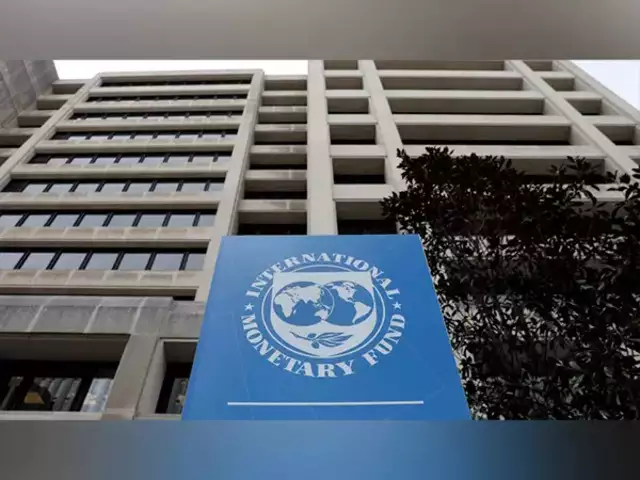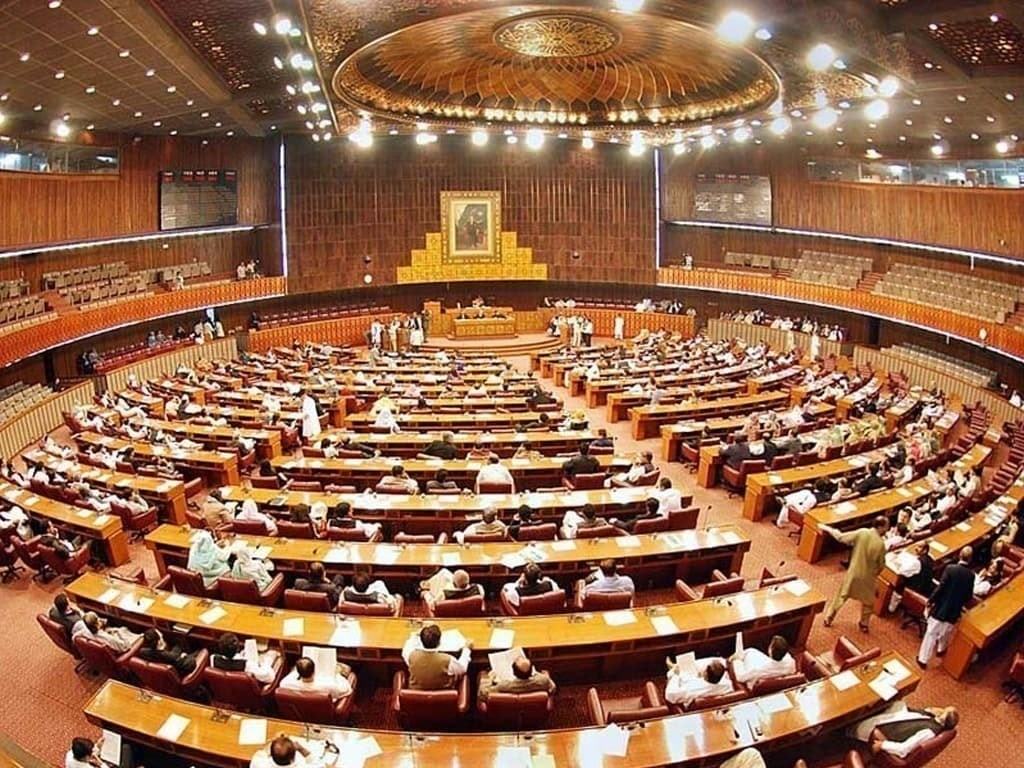Mohsin Siddiqui (Chief Reporter)
The International Monetary Fund (IMF) has expressed its satisfaction with Pakistan’s proposed budget for the upcoming financial year, which incorporates significant reforms, including the elimination of tax exemptions worth approximately Rs3.8 trillion. This critical step has improved the likelihood of the IMF approving a new bailout program for the country, potentially securing vital financial support.
Sources indicate that the Federal Board of Revenue (FBR) has ramped up enforcement measures to broaden the tax net. This effort aligns with the IMF’s demand for stringent tax reforms and better compliance. By meeting these conditions, the Pakistani government has taken significant steps towards fulfilling the requirements set by the Washington-based lender.
The government anticipates reaching a staff-level agreement with the IMF within the current month. This agreement is crucial for unlocking further financial assistance and stabilizing the country’s economy. The budget’s alignment with IMF conditions, particularly the removal of extensive tax exemptions, has been a pivotal factor in progressing these negotiations.
In compliance with the IMF’s conditions, the government has adjusted the income tax rates for the salaried class to match international levels. This move is expected to increase government revenue and reduce the fiscal deficit. The revised tax rates are part of a broader strategy to align Pakistan’s tax system with global standards and improve overall tax collection efficiency.
To address the issue of tax evasion, the Pakistani government plans to implement advanced technological solutions. These measures will enhance transparency and ensure better compliance with tax laws. By leveraging technology, the government aims to create a more efficient and effective tax collection system, which is a critical component of the IMF’s reform agenda.
Another significant reform includes the reduction of power subsidies. Consumers will now be charged the full cost of electricity production, which is intended to reduce the fiscal burden on the government. This change is expected to improve the financial viability of the power sector and attract private investment.
The upcoming financial year will also see the privatization of state-run power companies, a move aimed at deregulating the power sector. The government plans to accelerate the privatization process, which is expected to enhance efficiency, reduce costs, and improve service delivery in the power sector.
The government’s commitment to privatizing state-run companies extends beyond the power sector. By accelerating the privatization process, the government aims to reduce its fiscal burden and foster a more competitive and dynamic economic environment. This strategy is expected to attract foreign investment and stimulate economic growth.




